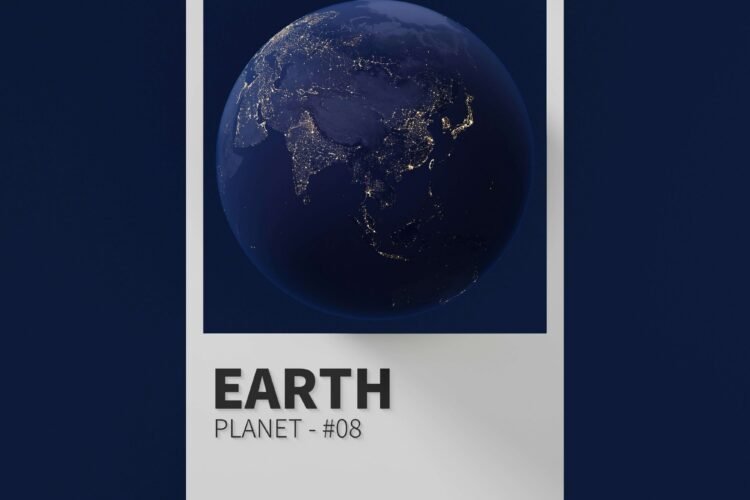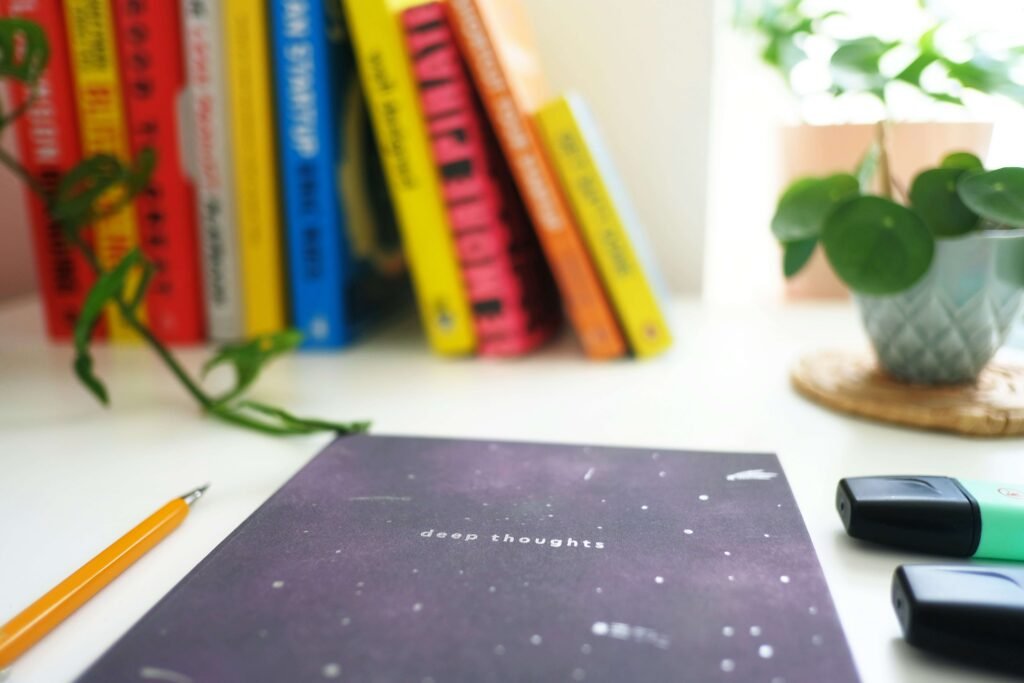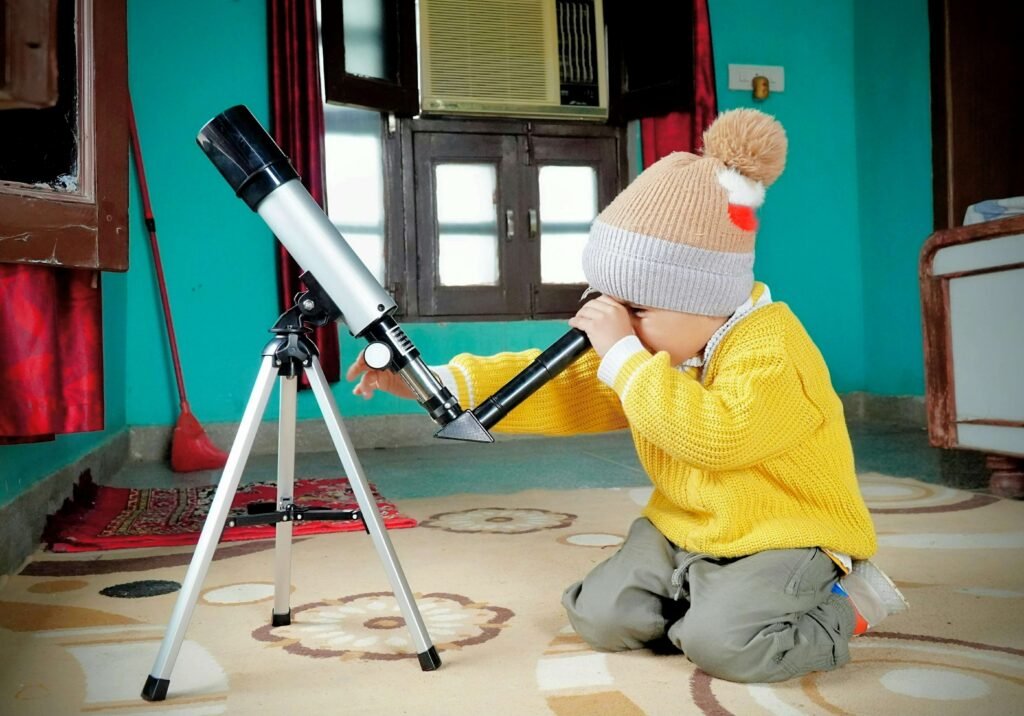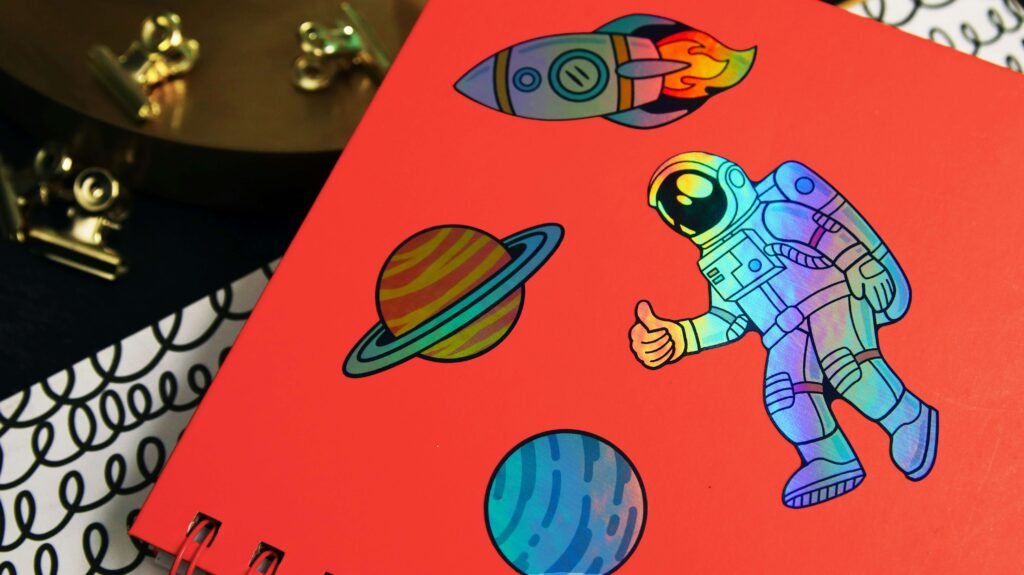09.06.2025
Why Kids Love Planet Flashcards
Learning Tools

Space in Their Hands
There’s something magical about holding a whole planet in the palm of your hand. Flashcards may seem like a simple concept, but when it comes to space education, they’re incredibly effective—and universally loved by kids. Whether it’s the bright colors, the fun facts, or the feeling of flipping through their very own universe, planet flashcards turn science into something both personal and playful.
Learning That Feels Like Play
Flashcards bridge the gap between education and entertainment. Kids naturally gravitate toward matching games, memory challenges, and fact quizzes—especially when the subjects are planets, moons, and comets. Each card feels like a mini collectible, a discovery waiting to happen. There’s no pressure, no tests—just joyful learning, reinforced through fun repetition and curiosity.
Bite-Sized Knowledge for Big Impact
Long lessons can lose a child’s attention, but flashcards break complex topics into small, digestible pieces. Instead of learning everything about the solar system in one go, kids can explore one planet at a time. The facts are focused, visual, and easy to remember. Over time, these bite-sized moments build real understanding—without kids even realizing how much they’ve learned.
Flashcards That Grow with the Child
Planet flashcards aren’t limited to one age group. For toddlers, they’re visual recognition tools. For young readers, they’re a way to practice reading short facts and names. For older kids, they become conversation starters about gravity, temperatures, and planetary orbits. The same set of cards can evolve with a child’s interests and educational level, which makes them a flexible and lasting learning tool.
Independent and Group Use
One of the reasons flashcards work so well is their versatility. Kids can explore them independently—flipping through before bed, quizzing themselves on the go, or sorting them into categories like “rocky planets” or “gas giants.” They’re also great for group games with siblings, classmates, or parents. And in a homeschooling or classroom setting, flashcards can spark impromptu discussions, trivia games, and storytelling.
A Gateway to Bigger Ideas
What starts with “Which one is Jupiter?” can turn into “Why is it so big?” or “Do gas planets have land?” Flashcards invite questions. They are a low-pressure, low-barrier entry point into much deeper scientific thinking. Kids don’t just memorize—they begin to connect facts, compare differences, and wonder about the unknown. That spark of curiosity is exactly what great science learning is made of.
Easy to Use, Easy to Love
There’s no app to download, no instructions to read, no screen to distract. Just a simple, hands-on, interactive format that kids instantly understand. Planet flashcards are portable, affordable, and can be revisited again and again. They’re the kind of tool that fits into any home or educational setting, and kids never get bored with them because every flip feels like a mini adventure.

Share

09.06.2025
Using Space to Spark Big Questions in Kids
Why Space Inspires More Than Just Facts When kids start learning about space, it’s not just the planets or stars...

09.06.2025
A Parent’s Guide to Making Space Education Easy
Space Is Big—But Teaching It Doesn’t Have to Be The universe might seem overwhelming, but introducing your child to space...

09.06.2025
The Benefits of Thematic Space Learning Units
A Universe of Knowledge—Organized When kids learn about space, it’s more than just stars and planets—it’s an entire universe of...

09.06.2025
Helping Kids Learn Science Without Screens
Rediscovering Hands-On Learning In an age where education often relies on tablets and video lessons, many parents and educators are...

09.06.2025
How Space Crafts Make Learning Fun for Kids
Turning Curiosity into Creativity Children are naturally curious about the world around them—and few things spark that curiosity quite like...


